6 Common Feline Diseases to Be Aware Of
Caring for a cat entails more than just providing food and shelter; it involves understanding their health needs and recognizing potential illnesses early. Like humans, cats can suffer from a range of health conditions, some of which are quite common. Being informed about these common feline diseases can help protect your feline companion and ensure they lead a long, healthy life. Here, we delve into six common feline diseases to arm you with the knowledge you need to keep your cat safe. Read on to learn more about the illnesses you should be looking out for, according to our qualified veterinarians.
1. Feline Lower Urinary Tract Disease (FLUTD)
Feline Lower Urinary Tract Disease (FLUTD) is a prevalent condition that affects a cat's bladder and urethra. According to WebMD, as many as 3% of cats seen by vets have this condition. Symptoms often include difficulty urinating, blood in the urine, or urinating outside the litter box. It's vital to pay attention to these signs and consult a veterinarian if you suspect FLUTD, as timely intervention can prevent complications such as bladder stones or a urinary blockage. FLUTD can be triggered by stress, obesity, or dehydration, so maintaining a healthy lifestyle and ensuring your cat has access to clean water is crucial for prevention.
2. Feline Infectious Peritonitis (FIP)
Feline Infectious Peritonitis (FIP) is a serious and often fatal disease caused by a feline coronavirus. Although not every cat exposed to this virus develops the disease, it can cause severe inflammation in the peritoneum if it mutates. Symptoms can range from weight loss and fever to more serious conditions like fluid accumulation in the abdomen. Early detection and treatment are challenging due to the disease's complexity, highlighting the importance of regular veterinary check-ups. FIP mainly affects young kittens or immunocompromised cats, and the disease's rapid progression makes it critical to consult your vet immediately if your cat shows any concerning symptoms.
3. Diabetes Mellitus
Just like in humans, diabetes mellitus is a condition that results from the body's inability to properly regulate blood sugar levels. This disease can primarily occur in middle-aged and overweight cats. Common signs of diabetes include increased thirst, frequent urination, and weight loss despite a good appetite. Diagnosis and management involve regular blood sugar monitoring, dietary adjustments, and possibly insulin therapy, a routine that your vet can help you implement effectively. Left untreated, diabetes can lead to severe complications like ketoacidosis, so early detection and adherence to the treatment plan are vital for managing the condition.
4. Chronic Kidney Disease (CKD)
Chronic Kidney Disease (CKD) is a common ailment that afflicts many older cats. As the kidneys begin to lose function over time, symptoms such as excessive drinking and urination, weight loss, and nausea can occur. While CKD is progressive and incurable, supportive treatments are available to manage symptoms and improve quality of life. Regular vet visits and bloodwork can help catch this condition early, allowing for more effective management. Cats with CKD may need a special diet to support kidney function and may also require medications to manage blood pressure or electrolyte imbalances.
5. Hyperthyroidism
Hyperthyroidism is a condition that arises from the overproduction of thyroid hormones, usually due to an enlargement of the thyroid glands. This illness is most commonly seen in cats over the age of ten, according to our team. Signs of hyperthyroidism include increased appetite, weight loss, and hyperactivity. Treatments range from medication and dietary changes to surgical removal of the affected glands or radioactive iodine therapy. Early diagnosis can significantly improve the management of this disease. Regular blood tests are essential for older cats, as hyperthyroidism can lead to heart issues and high blood pressure if left untreated.
6. Dental Disease
Dental disease is another common health concern for cats, especially as they age. Conditions like gingivitis, periodontal disease, and tooth resorption can cause pain, difficulty eating, and bad breath. Left untreated, dental disease can lead to more severe health problems, including infections that affect the kidneys or heart. Regular dental check-ups and brushing your cat's teeth can help prevent these issues. In some cases, professional dental cleanings are necessary to keep your cat’s teeth in good condition and ensure their overall health.
Being proactive about your cat's health can prevent many of the common diseases that affect our furry friends. Regular veterinary check-ups, a balanced diet, and observing your pet's behavior play key roles in early detection and management of these conditions. By staying informed about these common feline diseases, you can help ensure your cat leads a happy, healthy life, enriched by love and companionship. Every bit of care and attention can add precious years to your beloved pet's life. Stay vigilant, and remember that regular vet visits are essential to maintaining your cat's well-being and catching any potential issues early. When you need a team of veterinarians to care for your kitty, call Perrysburg Animal Hospital.
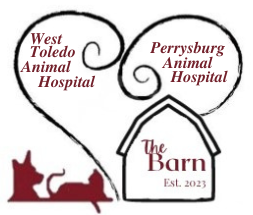

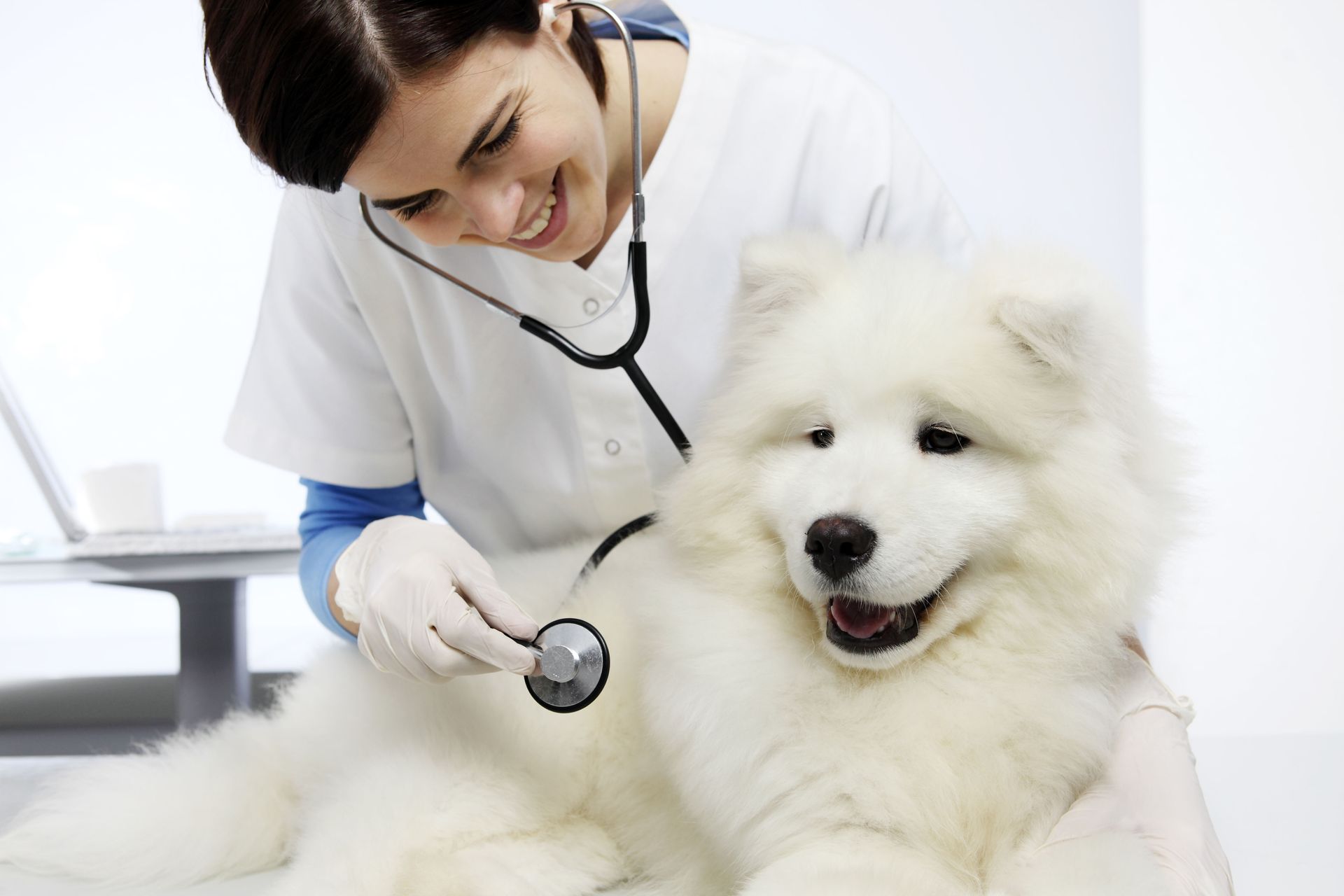
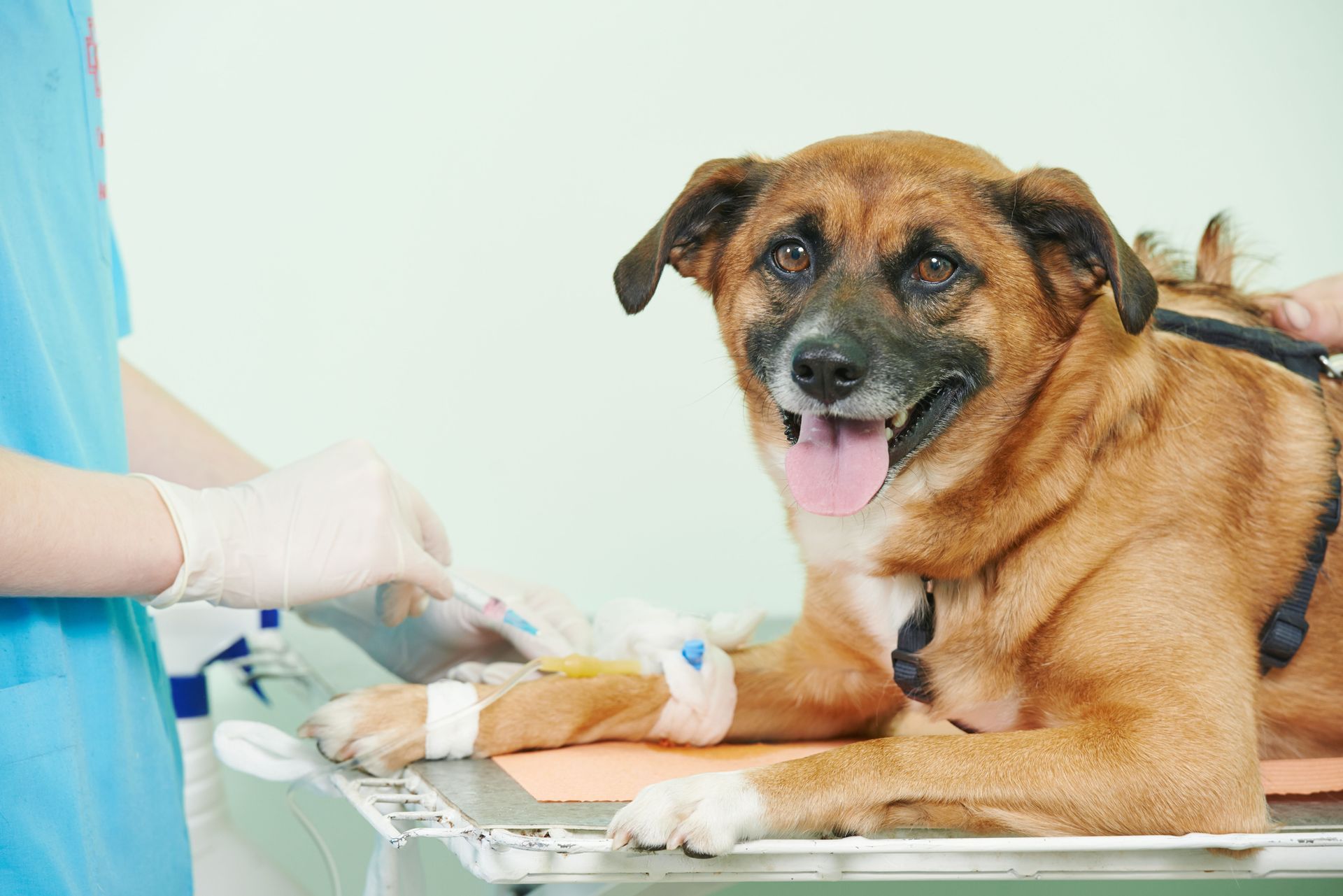
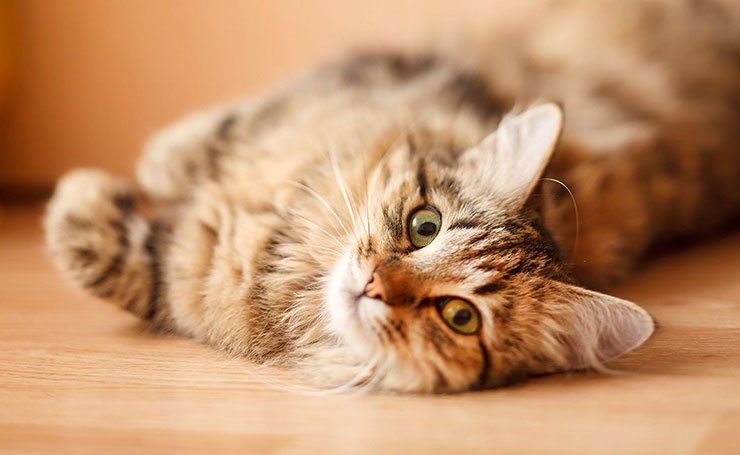

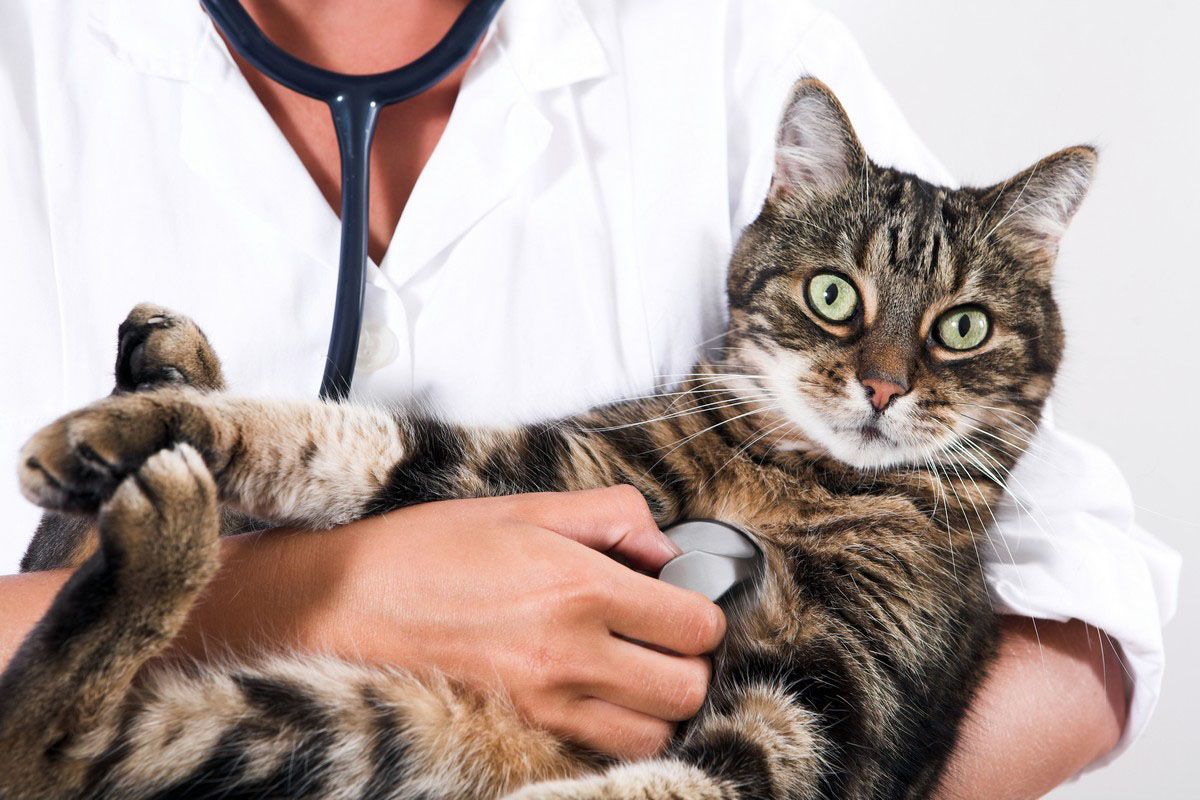
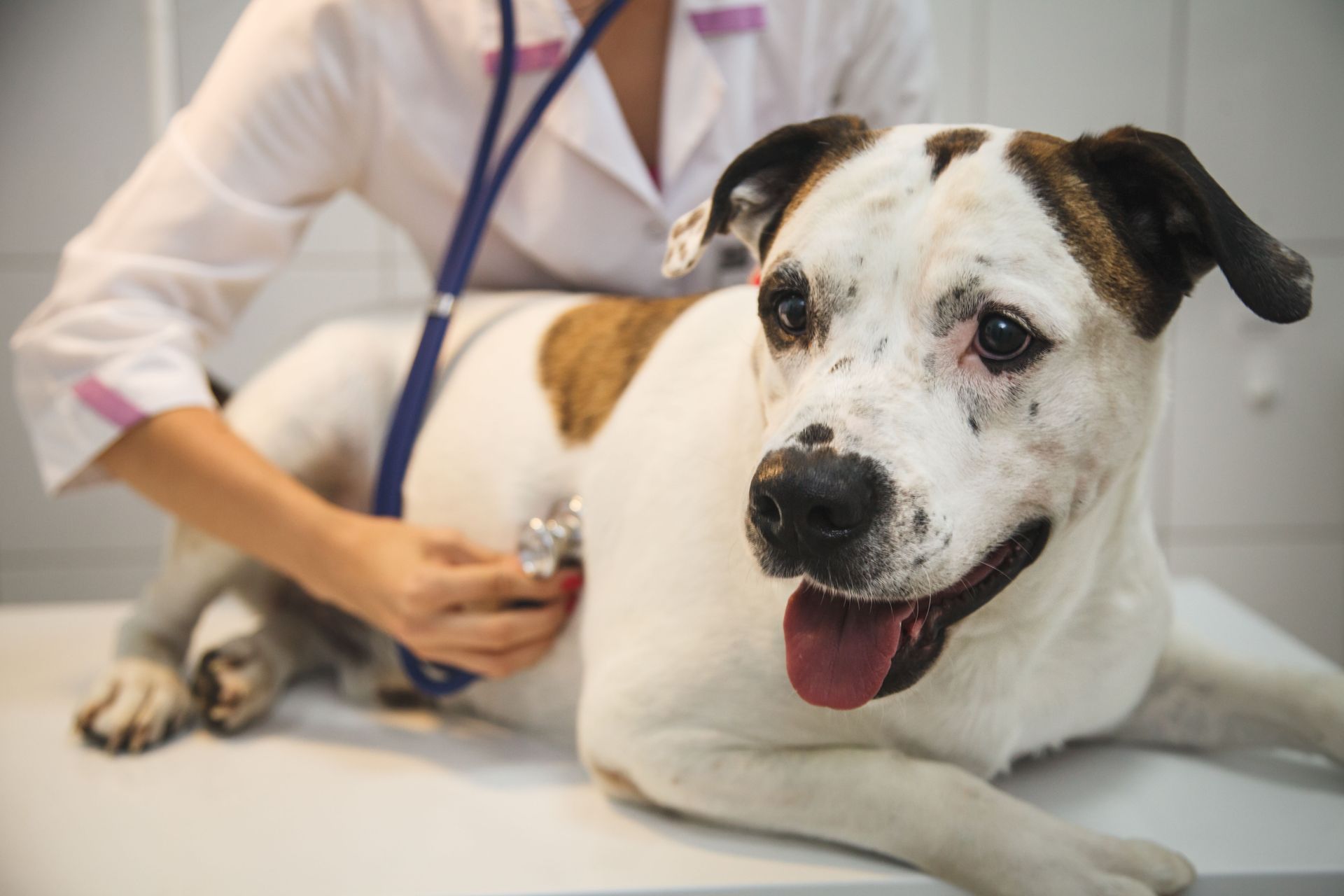

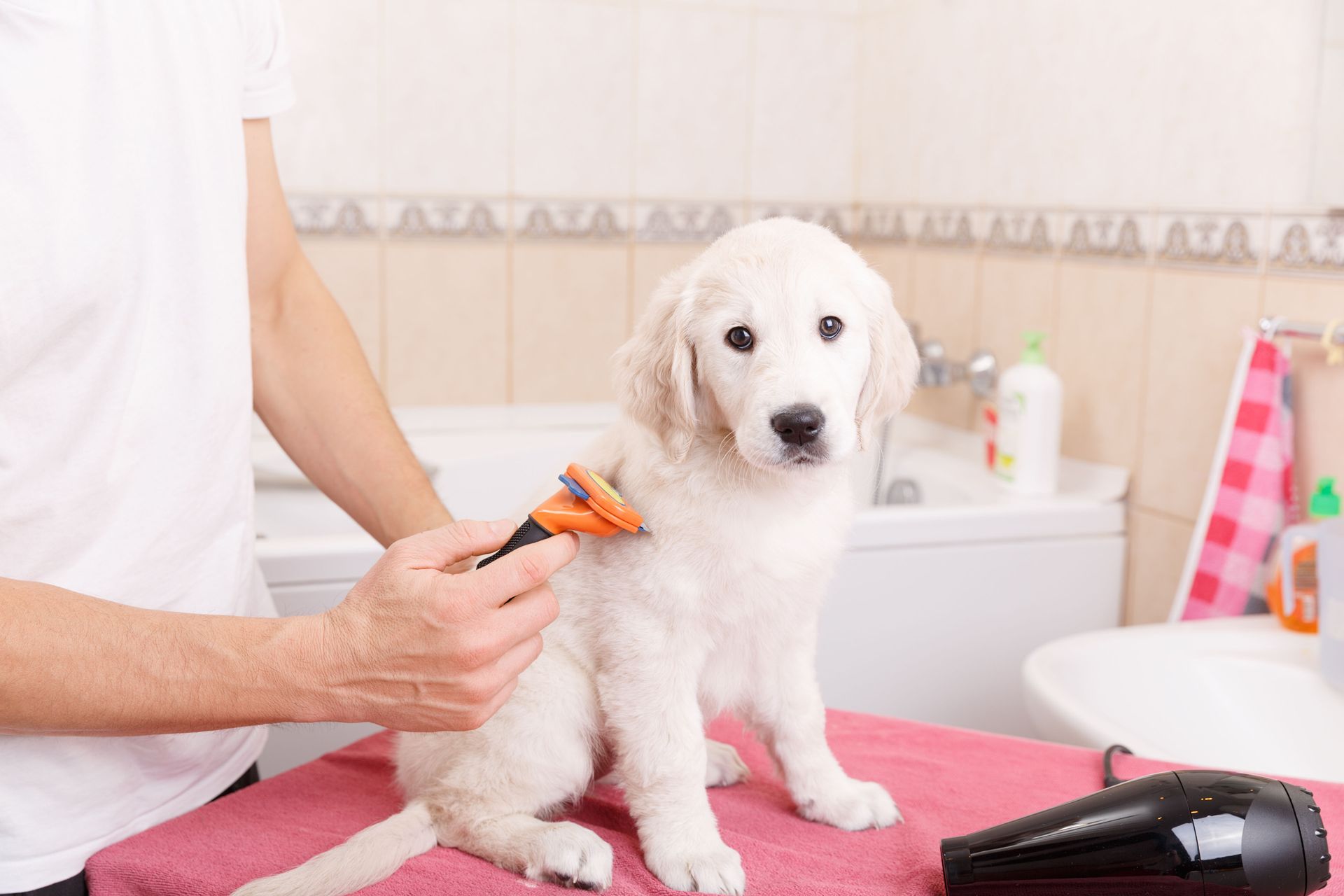
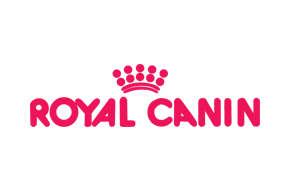

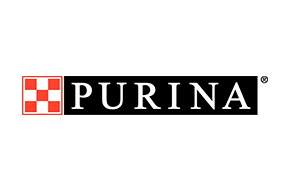
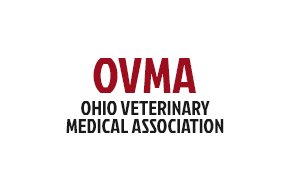
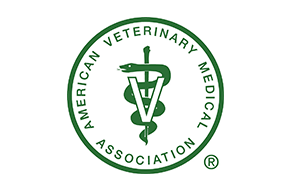
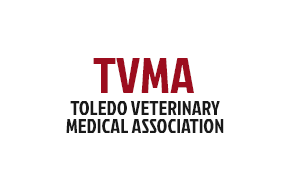

Share On: